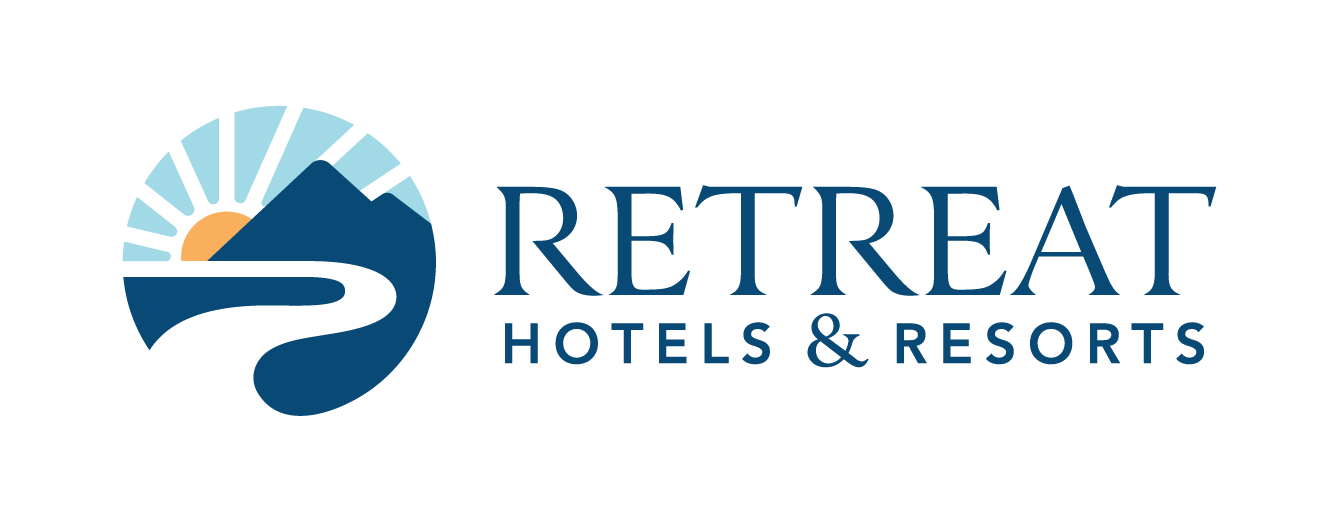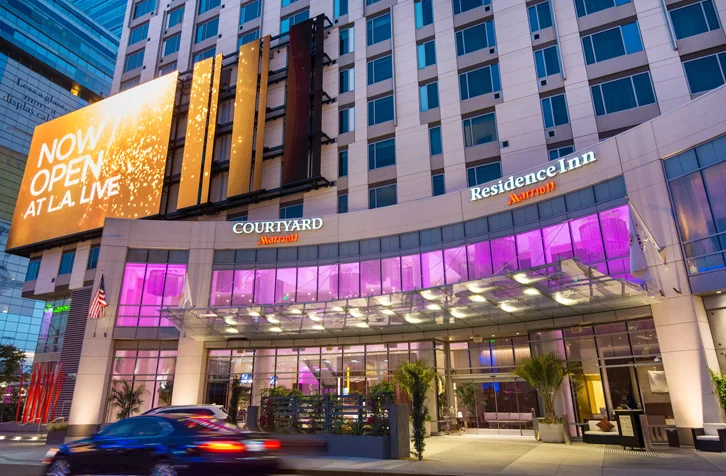by: Elska Vuong
“Alexa, turn off the lights.”
“Hey Google, what’s the weather?”
If those sentences trigger a sense of déjà vu, you’re likely one of the many people (approximately 43 million, if we’re counting) who own a smart speaker – an Amazon Echo or Google Home, for example.
While the use of smart speakers in homes is well known, the devices’ commercial applications are still being tapped. In particular, hotels and airlines are exploring how the devices can be adapted to enhance the guest experience.
“...guests can use the devices to change the temperature in the room, request fresh towels from housekeeping, or ask what time the hotel’s restaurant closes...”
This past year, Marriott International teamed up with Amazon to test out Echo devices with a new “Alexa for Hospitality” mode in select rooms. Tailored to each property, guests can use the devices to change the temperature in the room, request fresh towels from housekeeping, or ask what time the hotel’s restaurant closes, among other applications.
In the future, guests will also be able to link their own Amazon account to the in-room Echo during their stay so they can listen to their own music, much like how guests at some hotels can connect to Netflix or Hulu on a smart TV.
The hospitality mode also has specific security settings which delete interactions daily, recognizing the concerns that may arise regarding guest privacy.
Meanwhile, other hotels have begun testing out smart speakers beyond the guest room. Caesars Palace, for example, started using a newly-launched “interpreter mode” on Google Home as real-time translators at their check-in counters and concierge desks. When a person uses a trigger phrase like, “Hey Google, be my Slovak (or Mandarin or German) interpreter,” the Google Assistant begins to start translating the conversation. Other hotels and even retail outlets around the world could adopt similar approaches.
The big smart speaker players are also starting to incorporate features that enable these digital assistants to become digital travel agents. Amazon has teamed up with Expedia and Kayak so that customers can use Alexa to book hotels and rental cars. Google Assistant can not only book hotels and rental cars, but also track and book flights. And through a partnership with United Airlines, consumers will soon be able to ask Google Assistant to check into their flights and fetch their digital boarding pass.
Worldwide, smart speaker ownership is on track to reach 225 million units by 2020. As the technology continues to proliferate, it’s likely that we’ve only just begun to scratch the surface on all the possible uses of smart speakers across the travel and hospitality industry.













